| | |
|
On Friday, 6 May 2016, delegates to the first meeting of the CBD Subsidiary Body on Implementation (SBI) finalized 13 recommendations. CBD Executive Secretary Dias highlighted recommendations on biodiversity mainstreaming, the SBI modus operandi, synergies with biodiversity-related conventions, guidelines for national reports, and resource mobilization. He also pointed to the voluntary peer-review process of implementation, and to COP 13 meeting for the first time concurrently with the Protocols’ COP/MOPs.
The EU drew attention to the need to scale up efforts to achieve the Aichi targets, and to link efforts on biodiversity mainstreaming with the Sustainable Development Goals. India for Asia-Pacific considered that the SBI was off to a good start and welcomed the identification of means to overcome obstacles in achieving the Aichi targets, such as capacity building and resource mobilization. St Kitts and Nevis for GRULAC underscored the need to review progress also in the provision of support for implementation. The CBD Alliance noted the need to look into implementation in more detail in the future, involving indigenous peoples and local communities (IPLCs), women and civil society in the peer review of NBSAPs and national reports; and expressed concern about the emphasis on the business sector and natural capital in relation to biodiversity mainstreaming. The International Indigenous Forum on Biodiversity urged the full and effective participation of IPLCs, including women and youth, in the review of implementation, in work on integration of the Convention and its Protocols, and capacity building. SBI 1 Chair Jae Choe (Republic of Korea) congratulated delegates on their tireless work ethic and drew the meeting to a close at 4:47 pm.
|
|
|
IISD Reporting Services, through its ENB Meeting Coverage, has provided daily web updates from the 20th Meeting of the Subsidiary Body on Scientific, Technical and Technological Advice and the 1st Meeting of the Subsidiary Body on Implementation. In addition, IISD Reporting Services has produced a summary and analysis of both meetings which is available in HTML and PDF format.
| |
| | |


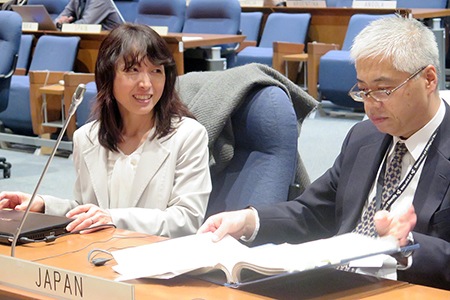 L-R: Fumiko Nakao and Joji Miyamori, Japan
L-R: Fumiko Nakao and Joji Miyamori, Japan
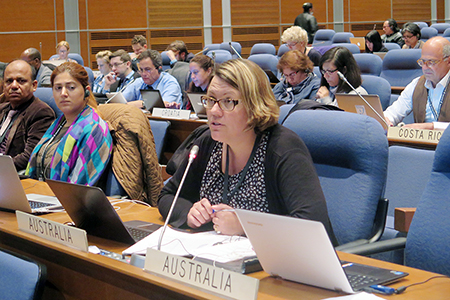 Tia Stevens, Australia
Tia Stevens, Australia
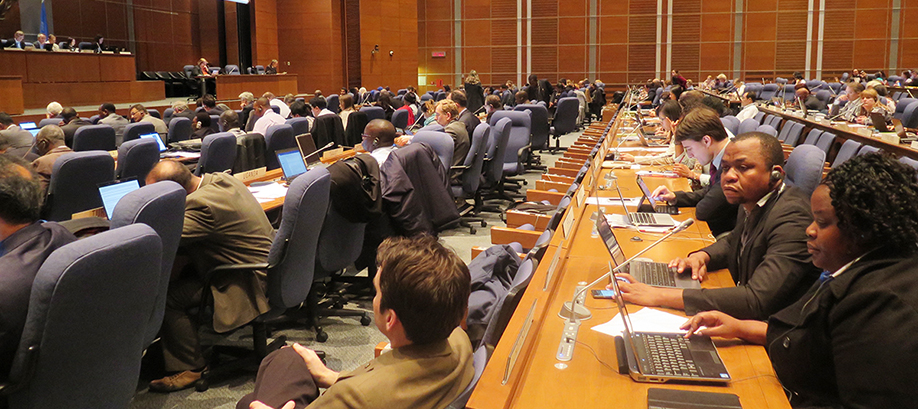 SBI plenary
SBI plenary
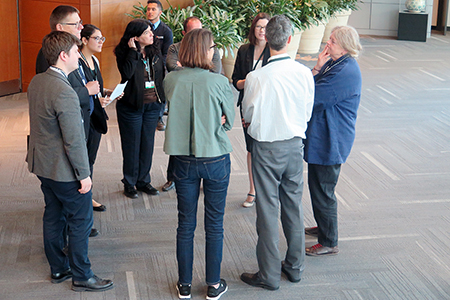 SBI 1 delegates huddle in the corridors
SBI 1 delegates huddle in the corridors
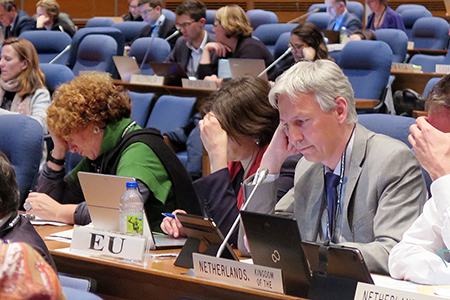 Anne Theo Seinen, EU delegation
Anne Theo Seinen, EU delegation
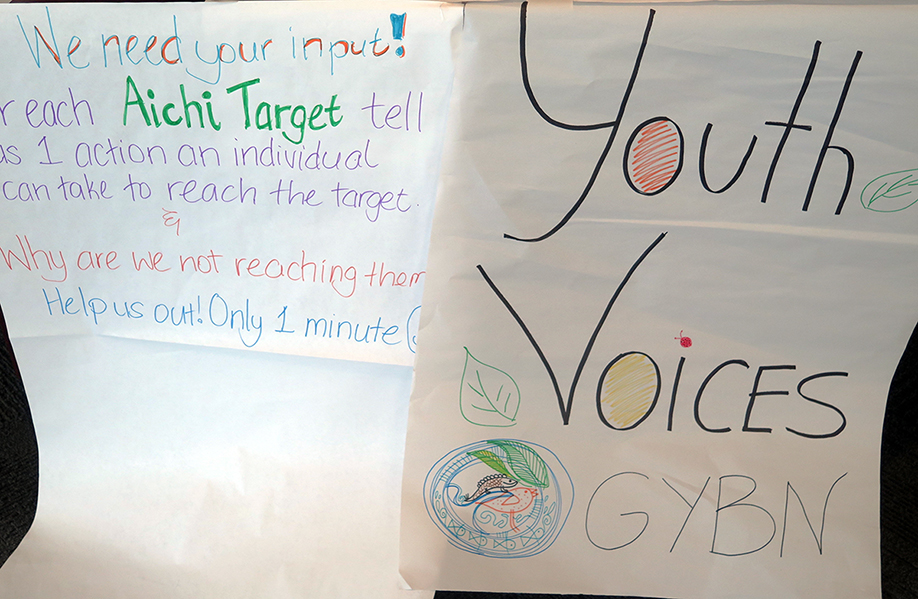 Global Youth Biodiversity Network stand
Global Youth Biodiversity Network stand